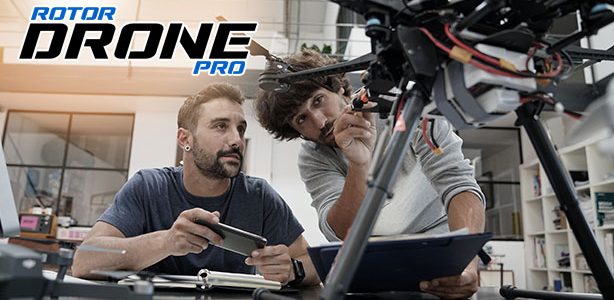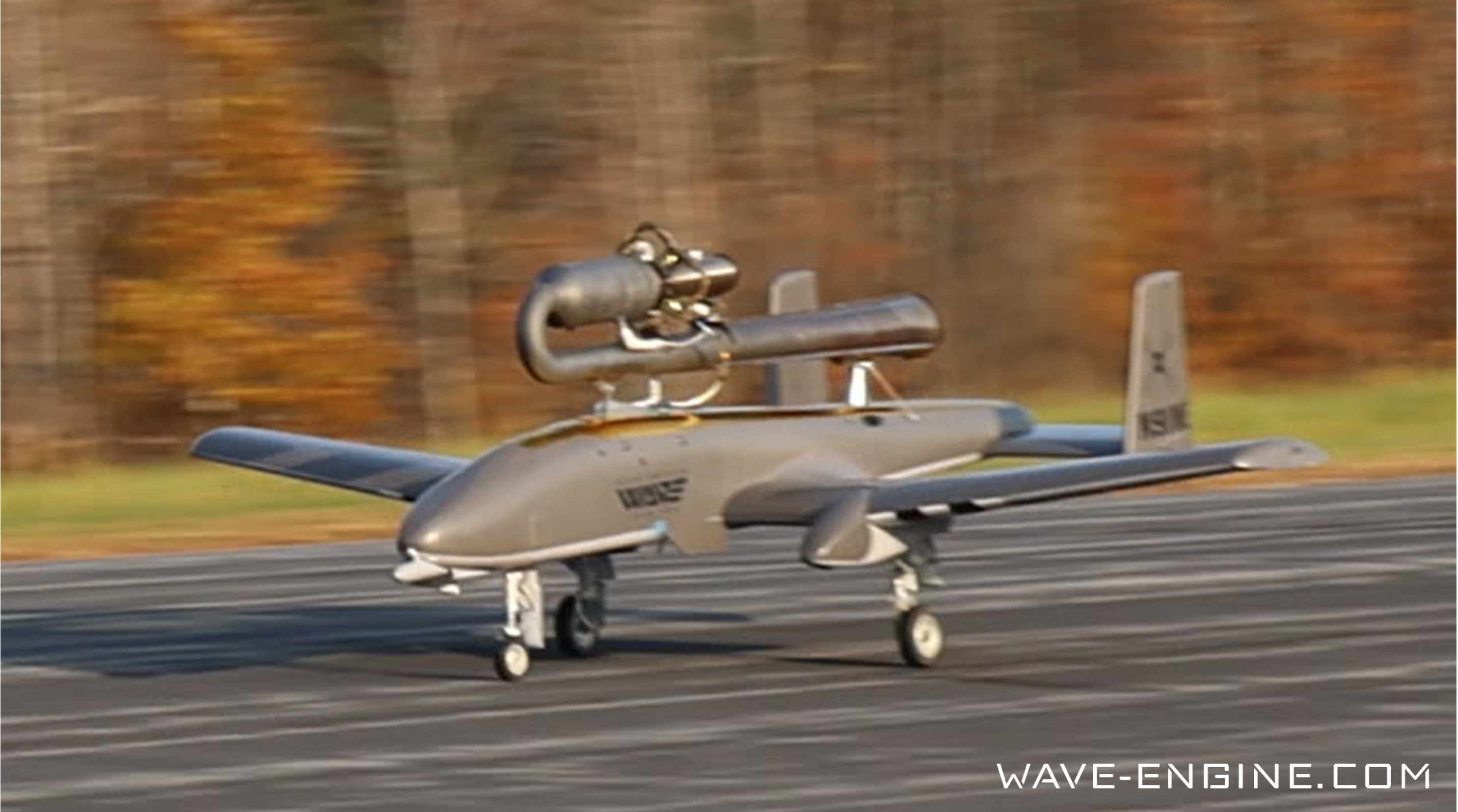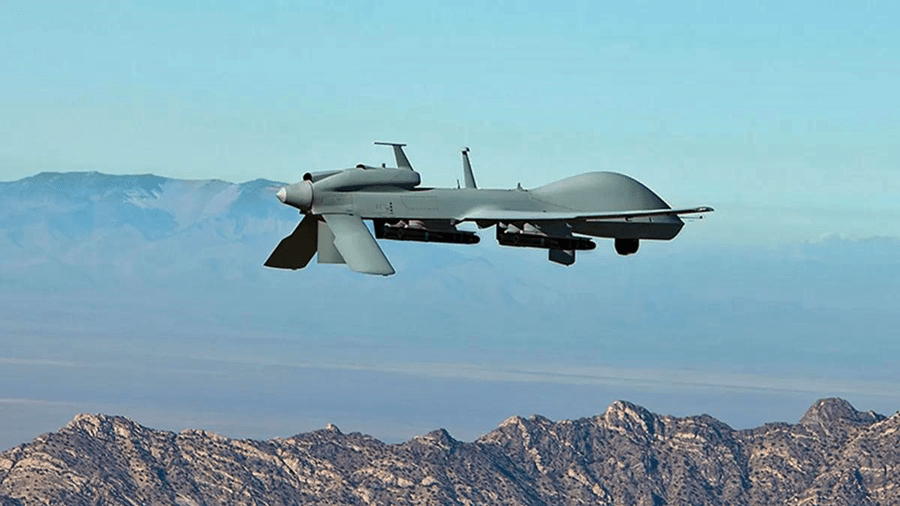DroneUp recently partnered with Virginia’s Center for Innovative Technology (CIT) in tests designed to determine how unmanned aerial systems can assist with critical delivery during times of crisis under the Federal Aviation Administration’s (FAA) Part 107 regulations.
The test participants conducted exercises from April 6 through April 9, 2020, on the vacant campus of St. Paul’s College, in Lawrenceville, Virginia. The Brunswick County facility, which closed to the public in 2013, provided a safe, complex community environment to test package deliveries by drones under the FAA’s Part 107 regulations.
The exercises focused on delivery to residential and commercial areas with the aim of determining safe operational capacities, airspace deconfliction, operator safety, processes, policies, and training necessary to conduct delivery operations during the day and during the night.
Tom Walker, DroneUp’s CEO stated, “DroneUp’s drone delivery exercise was aimed at learning what is possible to do safely and effectively today while gathering data to overcome seemingly impossible obstacles in the near future.”
Data collected for the report determined how Part 107 Remote Pilot Operators can effectively supplement emergency response and critical care. The findings and recommendations are included in a report where government and industry leaders are considering what role drones will play in delivery and crisis response.
The author of the report, Joe Fuller, DroneUp’s CIO, stated, “The delivery testing and outcomes prove that drones can be used to safely deliver critical items to a quarantine area. Experienced drone pilots could be quickly dispatched to hot zones to provide real assistance in pandemic response.”
DroneUp is sharing the Operation Last-Mile: Critical Drone Delivery Report with the public here.



















